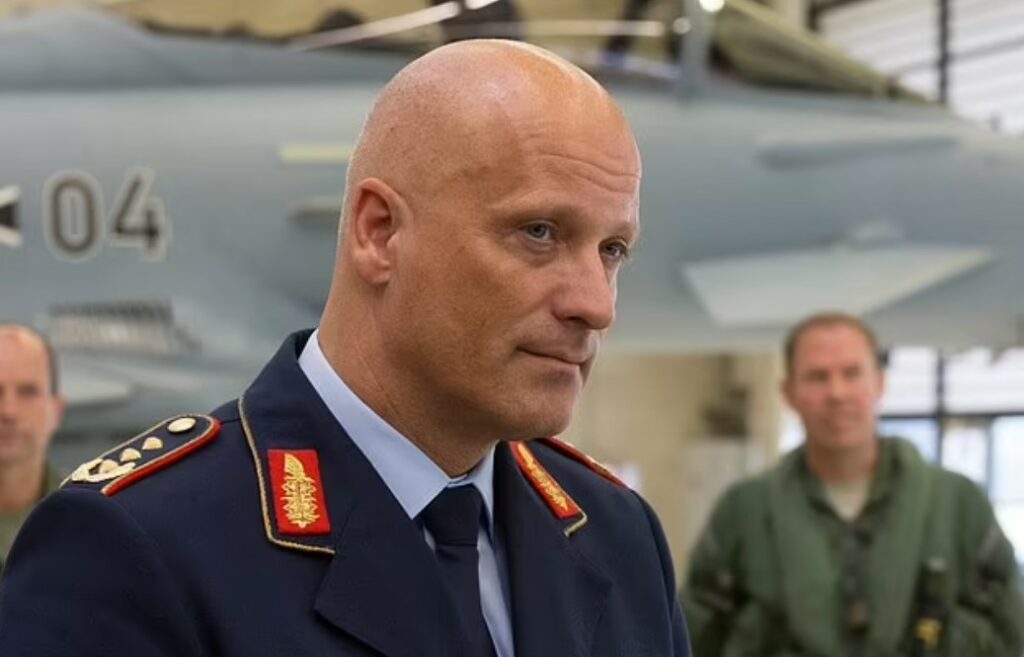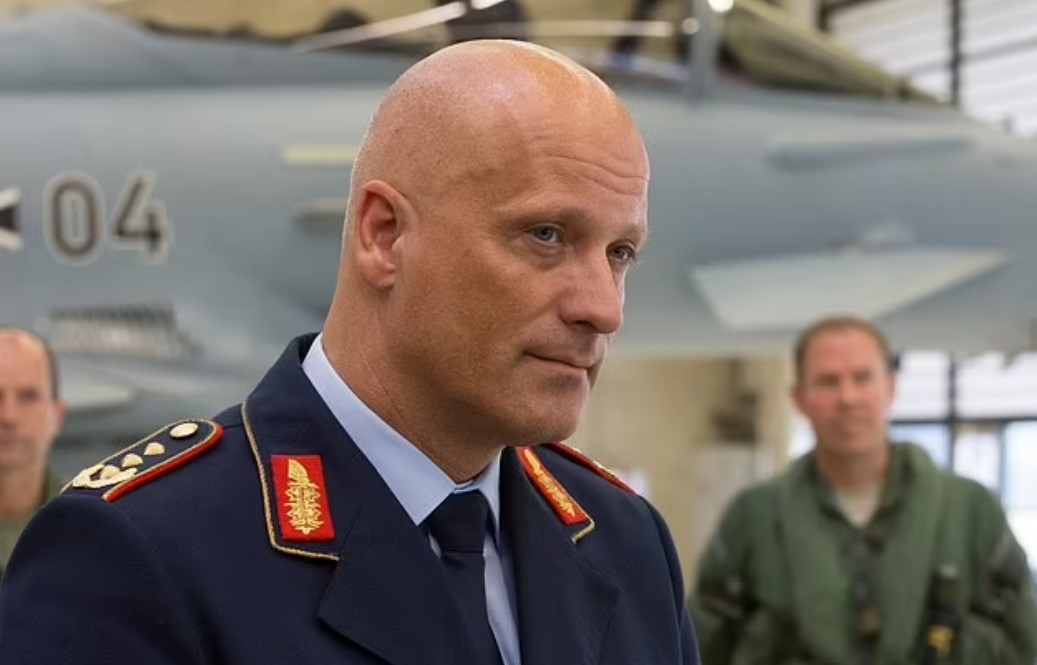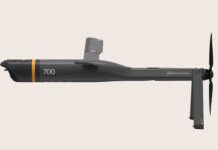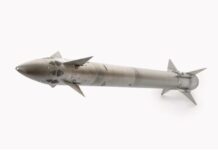A conference call involving the chief of the Luftwaffe, Lieutenant General Ingo Gerhartz, has led to awkward questions being asked of the German government after it emerged that the conversation had been intercepted by Russia.
During the call high-ranking air force officers including Gen Gerhartz discussed German military policy in relation to the country’s support for Ukraine in its conflict against invading Russian forces. The call, however, was made using standard webex video conference software that was therefore not encrypted. The recorded 38-minute conversation, which was subsequently posted online on 1 March 2024 by the head of Russia’s state-backed RT media channel, has been confirmed as genuine by the German Ministry of Defence.
Most crucially the content of the leaked conversation included a discussion around how to covertly supply Ukraine with Taurus air-launched cruise missiles (ALCMs) that revealed how the UK and French military handled supplying Ukraine with Storm Shadow/SCALP ALCMs. The conversion revealed that the UK armed forces had people on the ground in Ukraine to both transfer the missiles and help integrate them onto Ukrainian aircraft and even revealed that British personnel used Ridgback protected patrol vehicles to transport the missiles.
The conversion also discussed the potential targeting of the Kerch Bridge, which links Crimea with Russia, using Taurus ALCMs and how many missiles would be needed to attack it, with one of the speakers noting that the bridge “is akin to a runway. Therefore, it may require more than 10, or even 20 missiles” to destroy it.
German Chancellor Olaf Scholz has not yet approved the supply of Taurus ALCMs to Ukraine, while the German government’s distinct resistance to allowing any military advisors into Ukraine was one of the issues the Luftwaffe conversion was addressing.
The fallout from the leaked conversation has erupted on multiple fronts. Most obviously it has embarrassingly revealed the Bundeswehr as an organisation with lax security protocols and painted Germany as an ally that cannot be trusted to hold close the secrets of its allies. The revelations from the conversations will no doubt force the UK and France to change their procedures for delivering ALCMs to Ukraine.
Former UK defence secretary Ben Wallace told The Times newspaper, “We know Germany is pretty penetrated by Russian intelligence, so it just demonstrates they are neither secure nor reliable.”
The leaked call has also led to a diplomatic spat between Moscow and Berlin, with Russia claiming the conversation was evidence that Germany was preparing acts of war against Russia. Dmitry Peskov, the spokesman for Russian President Vladimir Putin, was quoted as saying that the recording “suggests that the Bundeswehr is discussing substantively and specifically plans to strike Russian territory”.
Germany, in turn, has pointed to an aggressive Russian spying operation designed to sow discord among NATO’s allies and, given the timing of the released recording, to offset the negative publicity in Russia surrounding the death of imprisoned dissident Alexei Navalny.
The ultimate loser in the episode, however, may be Ukraine, which is now arguably much less likely to receive the Taurus ALCMs it has been requested from the German government for some time.
















